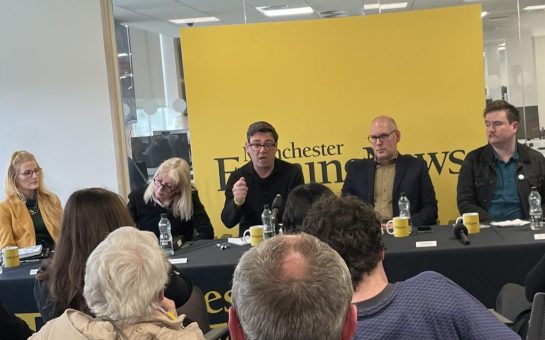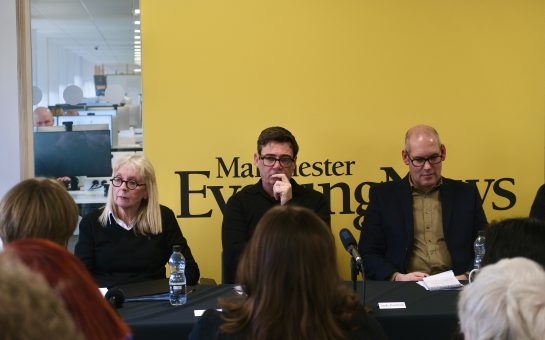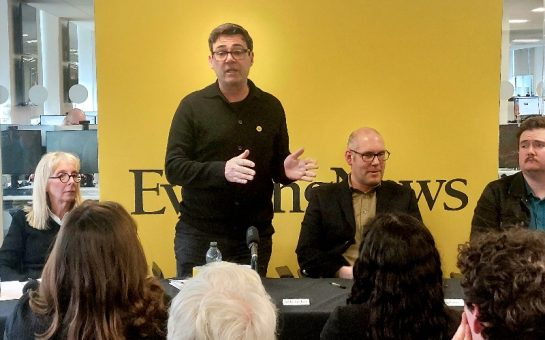Children from the most deprived communities in Greater Manchester are getting a better start in life with 250 youngsters from disadvantaged backgrounds already directly benefitting.
In early 2019, GM was successful in securing £1.5m funding from the Department for Education ‘Early Outcomes Fund.’
And now figures released by the DOE show GM is closing the gap – with 56% of children from disadvantaged backgrounds stating school ready to learn, an increase of 4% since 2015/16 – equivalent to 250 children.
‘Pathways to Talking’ is working with the ten local authorities to identify and understand some of the facilitators and hurdles to allow improvements to speech and language outcomes.
GM mayor Andy Burnham said: “GM continues to lead the way in tackling the issue of school readiness, working together innovatively and doing things differently to make sure no child is left behind.
“That we have now closed the gap between children from our most disadvantaged communities and the rest of the country is testament to the pioneering reforms.
“I’m confident that we are heading in the right direction, and I hope it spurs everyone to go further and faster.”
.@MayorofGM on why school readiness is a priority for Greater Manchester.
“We can make the biggest difference if we focus on the first years of a child’s life.” pic.twitter.com/cvp4tlkRw5
— Greater Manchester Combined Authority (@greatermcr) 2 December 2019
The project included a stocktake with partners to identify strengths and issues in delivery and learn more about the “outstanding” work across Greater Manchester.
There is a strong correlation between deprivation and school readiness levels, which is why these results are particularly positive, given the higher levels of deprivation in Greater Manchester, added the GMCA statement.
The BBC’s Tiny Happy People initiative has kick-started – a free digital resource for parents and professionals working with pre-schoolers in Greater Manchester – with resources designed to help develop young children’s language and communication in a bid to close the gap.
The overall aim of the Early Outcomes Fund (EOF) is to support Local Authorities to improve local services with its priorities as follows:
- to increase leadership focus at local authority level on the key issue of early language
- to enable local authorities to undertake work to improve their services and how they are delivered
- to resource evaluation and partnership working amongst local authorities that will spread innovations around the wider system



